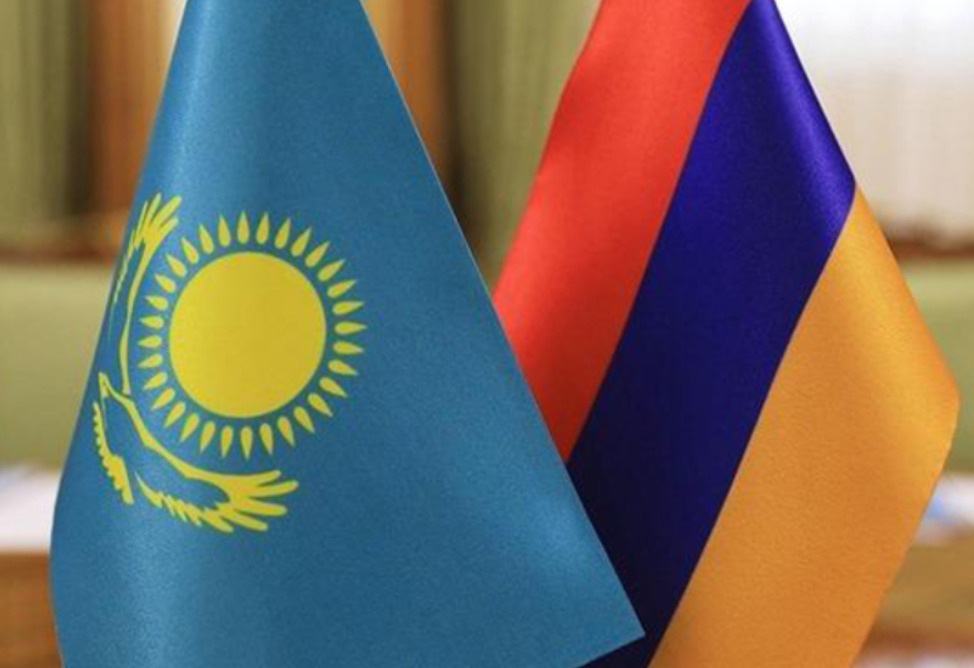Consequences of US trade restrictions: economist assesses risks for Armenia's economy

YEREVAN, April 3. /ARKA/. US President Donald Trump is set to impose new mirror tariffs on imported goods from 183 countries, including Armenia, starting April 5. Such a decision of the Trump administration may affect Armenia's overall export-import balance. How critical this whole situation may be for the Armenian economy, what are the risks and what alternative markets can compensate for possible losses. Tatul Manaseryan, Doctor of Economic Sciences, Professor, Head of Alternative research center, speaks about this in an exclusive interview with ARKA news agency.
ARKA - President Trump has declared a “trade war” to the world. Armenia is also on the list of countries - it is subject to a 10% duty. Do you think we have a reason for concern, can the reduction of Armenian goods supplies to the U.S. be considered critical?
T. Manaseryan - The volume of Armenian exports to the United States is not so large, so I don't see any specific areas that may be affected by this decision, although, of course, we should take into account everything that is being done by the Trump administration. There are countries that should be very concerned about this. First of all, these are the EU countries, China and other countries. What's the point of all of this? Obviously, Trump is trying to protect his economy, which is the economy of the United States, and wants to shield it from the harsh competition that is taking place in the global economy today.
ARKA - Can Armenia compensate for possible losses by increasing trade with other trading partners?
T. Manaseryan - First of all, I don't see such losses, and secondly, Armenia should have thought about it long ago. Before assessing possible losses in trade with the U.S., we should think about what kind of ties Armenia can establish in the Middle East, in Arab countries to realize its competitive advantages. And then think about North America, South America, other countries. Of course, we should think about everything, but I don't think that this issue is a priority on our agenda today. There are other issues that need to be addressed before worrying about the Trump administration's decision.
ARKA - How should Armenian exporting companies act in this situation to minimize possible damage? For example, change logistic chains, reorient to other markets, etc.
T. Manaseryan - Producers find their own ways to different markets. We should ask ourselves what is the state doing, what is the government doing? All over the world, including the USA, as it is seen from the recent steps of the Trump administration, even in the countries with the most developed market economies, the governments of these countries clearly interfere in the affairs of the economy and create favorable conditions for their producers. And what is Armenia doing? The simplest thing to do, in my opinion, is to think about creating a favorable environment for the private sector, especially for small businesses. And not only in the country in the form of tax incentives, but also abroad through non-commercial advertising. To do this, our politicians and members of governments must have a rudimentary knowledge of economic diplomacy. For example, what is the role of the state and government in all this, how local production can be stimulated with access to foreign markets. But since there is no knowledge about all this, it is superfluous to talk about other issues. What we should be concerned about are those countries, those governments, that are organized, purposeful in developing strategies and implementing them. When they say: “Oh, Trump did something and it will hurt the Armenian economy”, it is not true at all. The Armenian economy is a system operating on inertia, where there is no GDP structure, let alone an efficient one. -0-



